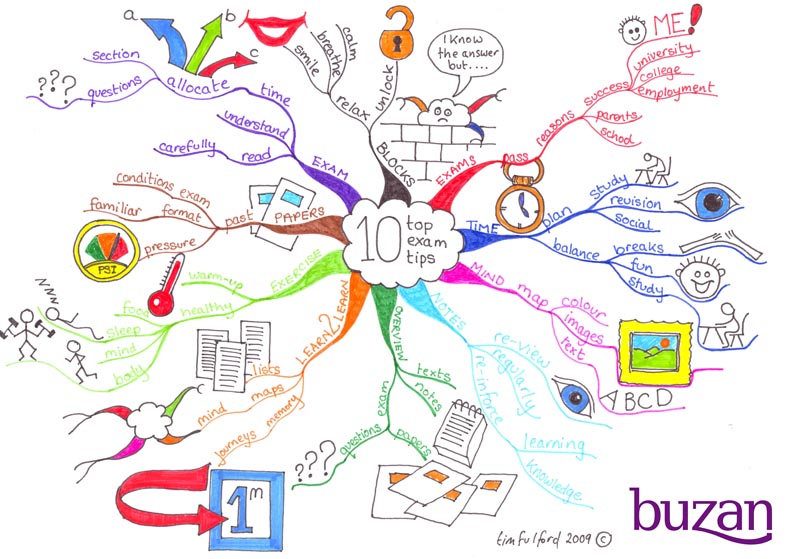For the Section B Working Title questions you will need to answer one question from a choice of two.
You are required to refer in detail to a minimum of two films (you have studied three).
The first of the two questions will have a focus on narrative and thematic issues.
Key Words
Subject matter
Style
Messages and values
Similarities
Narratives
Genre
Storyline
Identity (of Working Title production company)
The second will include a more broadly based consideration of areas of representation such as gender, ethnicity and age.
Key Words
Messages and values
Stereotypes
British values
British attitudes
'Being British'
Representation
Characteristics (of WT films)
All of the key words above have been taken directly from questions on past exam papers. They are some of the key words that you would be expected to identify when you read the questions for the first time in the exam.
Some of the key words came up more than once over the last few years and some of them just seem to be worded a little differently.
As a part of your revision it is important that you familiarise yourself with these key words as the chances are that one of them, or one very similar, will appear on your exam paper next month.
For each one you could brainstorm key pieces of information that would link to that key word. Perhaps a mind map would help?
Tuesday, 9 April 2013
Section B - Key Words
Labels:
British Film,
FM2,
key words,
working title
Saturday, 6 April 2013
Easter Booster Session
Just a quick reminder that the Easter Booster class for Film Studies will take place on
Thursday 11th April
Room 116
10am to 12pm
Do not be late.
Please bring a pen and a memory stick with 2gb of space on it.
Wednesday, 3 April 2013
Revision Tasks - Section B: Working Title
1. Create a Working Title mind map in order to map out and revise the history and development of the production company. Include major events in the history of Working Title. Think particularly about:
-
The move from small budget independent films to crowd-pleasing romantic comedies
- The formation of WT2 and films such as Shaun of the Dead
- Funding from Universal (and StudioCanal)
3. Look back over your case study films and see how much you can remember about their similarities and differences. Make lists (or revision cards) of their features under the following headings: character, narrative structure (e.g. simple storyline – boy and girl face problems and get together), setting, messages and values and themes.
4. Don’t forget to review the work that we completed on representations. How are characters represented in terms of age, class, race and gender? How is Britain represented? Make brief revision notes or flash cards on these aspects.
5. Make sure that you can remember the full titles, dates and directors of your case study films – you must write this information at least once in your essay.
Practice Questions:
Try the following questions. Don’t forget to plan your answers and time your writing!
- How far can it be said that there are similarities in the themes of different films made by your production company? (40 marks)
- To what extent do the films made by your production company use stereotypical characters to communicate messages and values? (40 marks)
- How far can you appreciate similarities in the representations of Britain and British people in the films made by your production company? (40 marks)
- What are some of the characteristics of the films you have studied for this topic which make them different from Hollywood‐type films? (40 marks)
Labels:
exam,
revision,
section b,
working title
Tips for Revision
(Click image to enlarge)
In preparing for your Film Studies exam it may be a good idea for some of you to meet up and work together. Revising alone can be quite a lonely experience and it is also far too easy to become distracted and find yourself spending more time procrastinating that working towards your exam.
We retain the information from...
It could be beneficial for you to:
- Get together for a movie marathon and watch your Section B Working Title films together (I will allow you to have soft drinks and snacks... I'm not a monster!)
- To get the most out of your viewing create revision flash cards of key scenes and how they link to the macro features of film - use colour and images to make things as memorable as possible
- Test each other on the flash cards
- Test one another on the history of Working Title - perhaps work together to create a mind map of the history of the production company
- Make lists of the features of your key focus films under the headings of character, narrative structure, setting, messages and values and themes
- Test one another on the comparative features of the focus films
- Create revision notes on representations. How are characters represented in terms of age, class, race and gender? How is Britain represented in each film?
- Revise the full titles, dates and directors of the focus films
- Time yourselves writing plans for past exam questions in 10 minutes or less. Compare your plans and create 'Perfect Plans'.
Remember that you can email me if you need any help or clarification or if you want some past exam questions to work on.
And here is some inspirational music about working together. From a film.
You're welcome.
Tuesday, 2 April 2013
Revision Tasks - Section A: Producers and Audiences
Section A is notoriously difficult to predict and tends to leave us guessing at what might appear on the paper. However, certain areas have appeared over the past few years which continue to be important to this section:
- The state of the British film industry
- Hollywood cinema today - high concept, franchise, the opening weekend
- Film stars and audiences
- Film and technology - emergence of 3D, Imax and digital
- Marketing
- Distribution
- Exhibition
- The Studio System
- Film and the internet
- Fandom
What
is most critical for you is being able to keep up to date with developments in the
American and British Film Industries (you should have been using your scrap books
to do this for the last few months) as the examiners tend to report most positively about those candidates who are able to engage with current films and film issues.
It
is imperative to move beyond the stimulus material you are given with the
Section A questions and think about your wider film knowledge - this will be more likely
to get you higher marks than making reference to the stimulus material alone.
For revision you will find it useful to research the following topics:
Film consumption: Social practice of participation. Cinema going vs home
viewing. Pros and cons of each.
Movie trailers: Consider conventions and intentions of film trailers,
look at a couple that you might be able to write about in exam.
Independent cinema: what does the term mean? Consider its market
share, the positive impact independent film has on film market, how independent films and cinemas are
funded.
Multiplex cinema: Where do they tend to be and why? Why are they
popular? How are they trying to stay competitive?
Blockbusters: what does the term mean? What do we expect from
storylines, characters, the ‘look’? Consider additional merchandise and how this
affects profits.
Golden Age of Hollywood and its end with the Paramount Case 1948.
Consider the ‘Big Five’ and ‘Little Three’ and Vertical Integration. Strengths
and weaknesses of this type of production line organisation.
Hollywood today: Consider production, distribution, exhibition of Hollywood films today. How
stars are used etc
Film reviews: Consider the job of a film review, how do they differ depending on their
market, what differences would you expect to see in, for example, a Sight and Sound
review as opposed to a review from The Mirror newspape?
The Star System: Consider the film industry’s use of stars during cinema's Golden Age of Hollywood and how it is different today, the role of a star in terms
of profits/ selling a film. What makes someone a star? Choose one film star and some
details about them ready to write about, both a modern day star and someone from
Golden Age of Hollywood e.g. Errol Flynn, Julie Garland.
Rise and fall of British cinema: Consider the role of TV in the success of
British film in the 80s and 90s. Role of Film Four in promoting British Film.
Consider funding of British films and their increasing popularity.
Practice questions:
Spend at least twenty minutes writing carefully researched responses to these questions; they may provide a powerful foundation for the questions in Section A of the exam paper.
1) What do you consider to be the major differences between the
classical studio era and Hollywood today?
2) Discuss how far genre is still important for Hollywood in deciding
which film projects to put into production and distribution.
3) What is the importance for audiences of the images used in movie posters
and DVD covers?
4) Is the best strategy for the film industry in the UK to concentrate
on low budget films?
5) Are star images today constructed by the industry or by fans?
6) What is the significance of a large film company like Warner Bros
being part of an even larger media empire?
7) How important are film reviews in determining whether or not people
choose to see a film?
Labels:
exam,
FM2,
producers and audiences,
revision,
section a
Subscribe to:
Posts (Atom)














